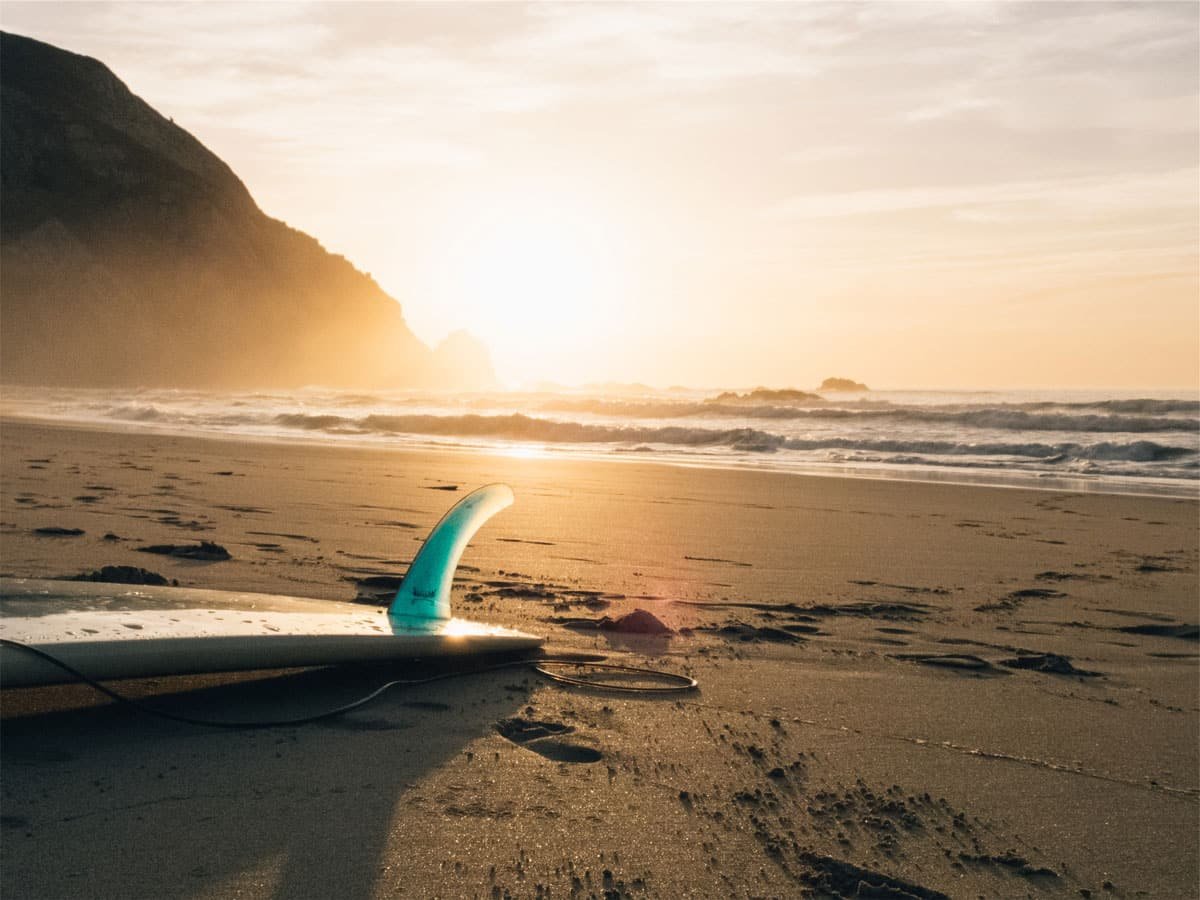Eco-friendly fishing gear options, such as biodegradable fishing lures, non-toxic weights, and biodegradable monofilament lines, are revolutionizing the sport by providing anglers with sustainable alternatives that minimize environmental harm. Adopting sustainable fishing gear options can substantially reduce environmental impact, promoting a more responsible and environmentally conscious fishing practice. By embracing eco-friendly gear and practices, anglers can minimize their ecological footprint while still enjoying their favorite pastime. As we explore the intersection of sustainability and fishing, a more promising future for our oceans and species begins to take shape.
Key Takeaways
- Eco-friendly fishing gear options, such as biodegradable lures and non-toxic weights, reduce environmental impact and promote sustainable fishing practices.
- Biodegradable fishing lures, made from soft plastics or plant-based materials, minimize harm to fish and the environment.
- Non-toxic weights, made from brass, steel, or tungsten, replace lead weights and reduce toxicity in waterways.
- Biodegradable monofilament line breaks down faster than regular line, reducing waste and pollution in oceans.
- Adopting eco-friendly fishing gear and practices helps preserve fish populations, prevents overfishing, and safeguards ocean ecosystems.
Sustainable Fishing Gear Options
As the angling community shifts towards a more environmentally conscious approach, a growing array of eco-friendly fishing gear options is emerging, offering a viable alternative to traditional, environmentally harmful equipment. This shift is vital for fish conservation and sustainable fisheries. Many anglers are taking steps to preserve their favorite spots and species for future generations to enjoy. Eco-friendly fishing gear options, such as biodegradable fishing lures, non-toxic weights, and biodegradable monofilament line, are increasingly available on the market today. By adopting these sustainable fishing gear options, anglers can substantially reduce their environmental impact, promoting a more responsible and environmentally conscious fishing practice.
Eco-Friendly Lure Alternatives
Biodegradable fishing lures have emerged as a sustainable alternative to traditional lures, offering anglers a guilt-free way to catch their favorite species while minimizing environmental harm. These eco-friendly lures are designed with fish-friendly designs and lure innovations, ensuring a responsible angling experience.
| Lure Type | Material | Benefits |
|---|---|---|
| Soft Lures | Biodegradable Plastics | Reduces harm to fish and environment |
| Jigs | Non-Toxic Weights | Replaces lead weights, reducing toxicity |
| Spinners | Recycled Metals | Supports sustainable fishing practices |
| Flies | Natural Materials | Mimics natural prey, reducing bycatch |
| Jerkbaits | Plant-Based Materials | Biodegradable, reducing waste |
These innovative lures cater to environmentally conscious anglers, promoting a sustainable fishing culture. By adopting eco-friendly lures, anglers can minimize their ecological footprint while still enjoying their favorite pastime.
Responsible Angling Techniques
By adopting responsible angling techniques, anglers can substantially minimize their environmental impact and help preserve fish populations for future generations. This includes practicing catch-and-release fishing, using barbless circle hooks, and ensuring caught fish are handled carefully to increase survival chances. Adhering to regulations, such as bag limits, and avoiding specific species at certain times of year helps prevent overfishing. Anglers must also respect fragile habitats and prevent fuel spills to preserve ecosystems. By adopting these responsible angling techniques, we can promote fish conservation and marine stewardship, ensuring the long-term sustainability of our planet's aquatic resources.
Environmental Impact Reduction
To further minimize their ecological footprint, anglers can adopt eco-friendly fishing gear and practices that reduce waste, prevent pollution, and promote sustainable fishing. By embracing responsible fishing ethics, anglers can safeguard the long-term health of our oceans and the species that inhabit them. Effective ocean conservation depends on adopting environmentally friendly practices, such as using biodegradable fishing gear, avoiding single-use plastics, and properly disposing of waste. By making conscious choices, anglers can substantially reduce their environmental impact, preserving the beauty and biodiversity of our oceans for future generations. By adopting eco-friendly fishing practices, we can promote a culture of sustainability and protect the delicate balance of our marine ecosystems.
Fishing Gear for a Greener Tomorrow
As the angling community continues to prioritize environmental stewardship, innovative fishing gear designed for a greener tomorrow is revolutionizing the industry. Fishing ethics and conservation efforts are at the forefront of this movement, driving the development of sustainable gear that minimizes harm to the environment.
Some notable examples of eco-friendly fishing gear include:
- Biodegradable fishing lures that dissolve over time, reducing harm to fish and the environment
- Non-toxic weights made from brass, steel, tungsten, or tin, replacing lead weights
- Biodegradable monofilament line that breaks down faster than regular line
- Rigs made of sustainable materials like glass beads
- Knotless nets that reduce harm to fish and other marine life
Eco-Conscious Fishing Practices
Eco-conscious fishing practices, such as adopting catch-and-release methods and using barbless circle hooks, are crucial in minimizing harm to fish and preserving fragile ecosystems. These Fish Friendly approaches guarantee that fish populations remain healthy, while also promoting Ocean Conservation. By handling fish gently and quickly releasing them back into the water, anglers can substantially reduce mortality rates. Additionally, using barbless circle hooks minimizes internal damage to fish, increasing their chances of survival. By adopting these eco-conscious practices, anglers can contribute to the long-term health of our oceans and the fish that inhabit them, ultimately supporting sustainable fishing practices for generations to come.
Sustainable Fishing Equipment Choices
In addition to adopting eco-friendly fishing practices, anglers can further minimize their environmental footprint by selecting sustainable fishing equipment choices that prioritize the well-being of marine ecosystems. By making conscious decisions about the gear they use, anglers can reduce their impact on the ocean and its inhabitants. Here are some sustainable fishing equipment choices that align with fishing ethics and ocean conservation:
- Biodegradable fishing lures that dissolve over time, reducing harm to fish and the environment
- Non-toxic weights made from brass, steel, tungsten, or tin that replace lead weights
- Biodegradable monofilament line that breaks down faster than regular line
- Circle hooks that minimize internal damage to fish
- Rigs made of sustainable materials like glass beads that reduce environmental impact
Preserving Marine Ecosystems
Frequently, the delicate balance of marine ecosystems is disrupted by human activities, highlighting the need for responsible angling practices and sustainable fishing gear to mitigate the environmental impact of recreational fishing. Preserving marine ecosystems is essential for maintaining biodiversity and supporting fish populations. Fish conservation efforts, such as catch-and-release fishing and habitat preservation, play a pivotal role in protecting marine ecosystems. By adopting eco-friendly fishing gear and responsible angling practices, anglers can contribute to marine preservation. It is essential to minimize bycatch, reduce waste, and prevent habitat destruction to maintain the health of marine ecosystems. By working together, we can safeguard the long-term sustainability of our oceans and the fish that inhabit them.
Frequently Asked Questions
Can I Make My Own Eco-Friendly Fishing Gear at Home?
"Anglers can craft their own eco-friendly fishing gear at home using DIY materials, creating handmade lures from biodegradable materials like plant-based plastics or natural fibers, promoting sustainability and reducing environmental impact."
Are Biodegradable Fishing Lines More Expensive Than Regular Lines?
Biodegradable fishing lines may incur a slightly higher upfront cost, but their reduced environmental impact and faster decomposition rate can lead to long-term ecological benefits, ultimately justifying the additional expense.
Do Eco-Friendly Lures Catch Fish as Well as Traditional Lures?
While traditional lures often rely on flashy aesthetics, eco-friendly lures harness fish behavior and clever design to replicate natural prey, convincingly mimicking the real thing and enticing fish to bite just as effectively.
Can I Use Eco-Friendly Fishing Gear in Saltwater Fishing?
In saltwater fishing, unique challenges arise from corrosive environments and powerful species, but adopting sustainable practices, such as using eco-friendly gear, can effectively mitigate environmental impact while maintaining catch rates.
Are There Any Certifications for Eco-Friendly Fishing Gear Manufacturers?
Manufacturers can obtain certifications like ISO 14001 (Environmental Management) and Oeko-Tex, ensuring sustainability standards, environmental audits, and supply chain transparency, earning green labels like Eco-Label or Blue Angel, verifying eco-friendly fishing gear.
Conclusion
As the pursuit of sustainable angling practices continues to gain momentum, the development of eco-friendly fishing gear becomes increasingly vital. Will the future of fishing be defined by a harmonious coexistence between humans and aquatic ecosystems? The adoption of sustainable fishing gear and responsible angling techniques is pivotal in mitigating the environmental impact of human activities on marine ecosystems. By embracing eco-conscious practices, the long-term preservation of the world's fisheries and aquatic ecosystems can be safeguarded.









